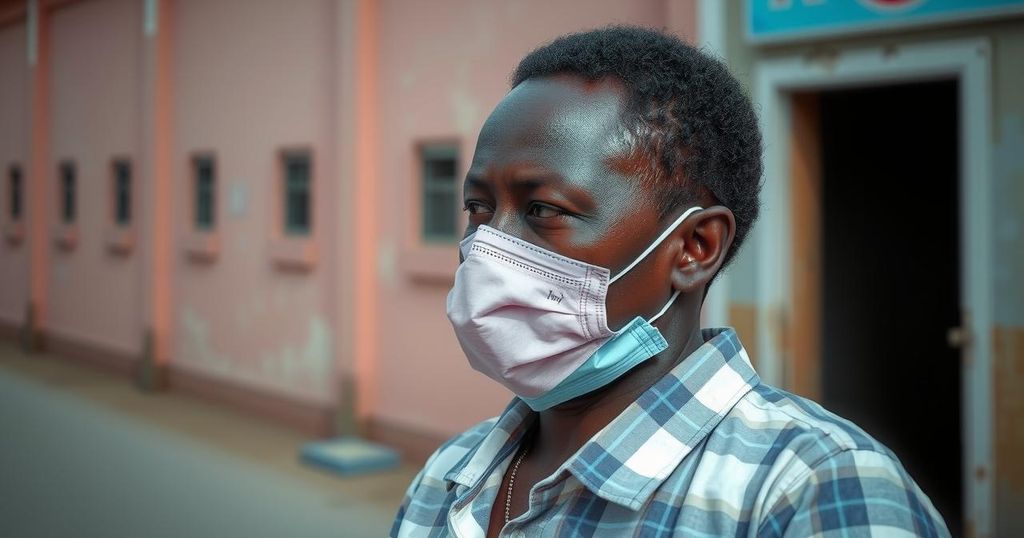Investigation Underway Into Deadly Disease Outbreak in Congo
A mysterious disease outbreak in the Democratic Republic of Congo has claimed numerous lives, compelling health officials to investigate the cause. Challenges include limited laboratory capabilities for pathogen detection, difficulties in assessing the outbreak’s extent, and gaps in healthcare access. Global initiatives like the WHO’s ‘7-1-7’ aim to improve response times, but significant challenges remain in disease surveillance and reporting.
A recent outbreak of a perplexing disease in the south-western region of the Democratic Republic of Congo (DRC) has resulted in numerous fatalities, prompting an urgent investigation by health officials. Initial analyses might consider endemic diseases prevalent in the area, yet the identification of the specific pathogen could prove challenging due to the limitations of local clinical laboratories, which primarily test for common pathogens. If the causative agent does not align with these familiar diseases, sending samples to specialized labs abroad for advanced testing, including gene sequencing, may be necessary. However, navigating the international transfer of biological samples presents additional hurdles.
Moreover, understanding the full extent and severity of this outbreak is critical, given the alarming mortality rate and number of cases. Yet, assessing the true impact of infectious disease outbreaks can be convoluted; many infected individuals do not seek medical care due to the inaccessibility of clinics or shortage of medical staff in remote areas. Even when patients do attend healthcare facilities, diagnoses may not be made for every case, creating gaps in reported data. The opaque nature of this situation complicates efforts to evaluate the threat posed by such outbreaks.
This mysterious disease outbreak occurs amid a broader context where new infectious diseases frequently emerge, driven by factors such as climate change, urbanization, and deforestation, which facilitate zoonotic transmissions. Current global disease surveillance systems are insufficient, particularly in low-income countries where many infections remain undetected or are diagnosed too late.
In response to these challenges, various initiatives are underway, including the World Health Organization’s (WHO) “7-1-7” strategy, which aims to expedite the detection and response to infectious disease outbreaks. Yet, the effectiveness of these measures requires further evaluation to determine their capacity to address rapidly spreading diseases effectively. Additionally, improving coordination and integration of existing health surveillance systems is vital. Without enhancing global surveillance capabilities, the potential for delay in identifying and responding to the next pandemic remains a looming threat.
The Democratic Republic of Congo has faced numerous health challenges, including emerging infectious diseases. The recent outbreak described as a ‘mystery disease’ has raised concerns due to its rapid mortality rate, complicating efforts to identify the pathogen involved. Known for a range of endemic diseases, the DRC’s limited healthcare infrastructure struggles with testing capabilities and prompt disease reporting, leading to significant underdiagnosis and underreporting of infections. This situation is emblematic of broader issues faced by lower-income countries in detecting and responding to health threats amidst increasing global urbanization and environmental changes that foster new disease dynamics.
The situation in the DRC underscores the critical need for enhanced disease surveillance and responsive healthcare infrastructures, particularly in lower-income regions. The mystery disease outbreak not only highlights existing vulnerabilities but also reveals a global imperative to develop robust systems for early detection and rapid intervention. Continued investment in public health initiatives by organizations such as the WHO is essential to strengthen the overall global health framework and avert future pandemics.
Original Source: www.downtoearth.org.in




Post Comment